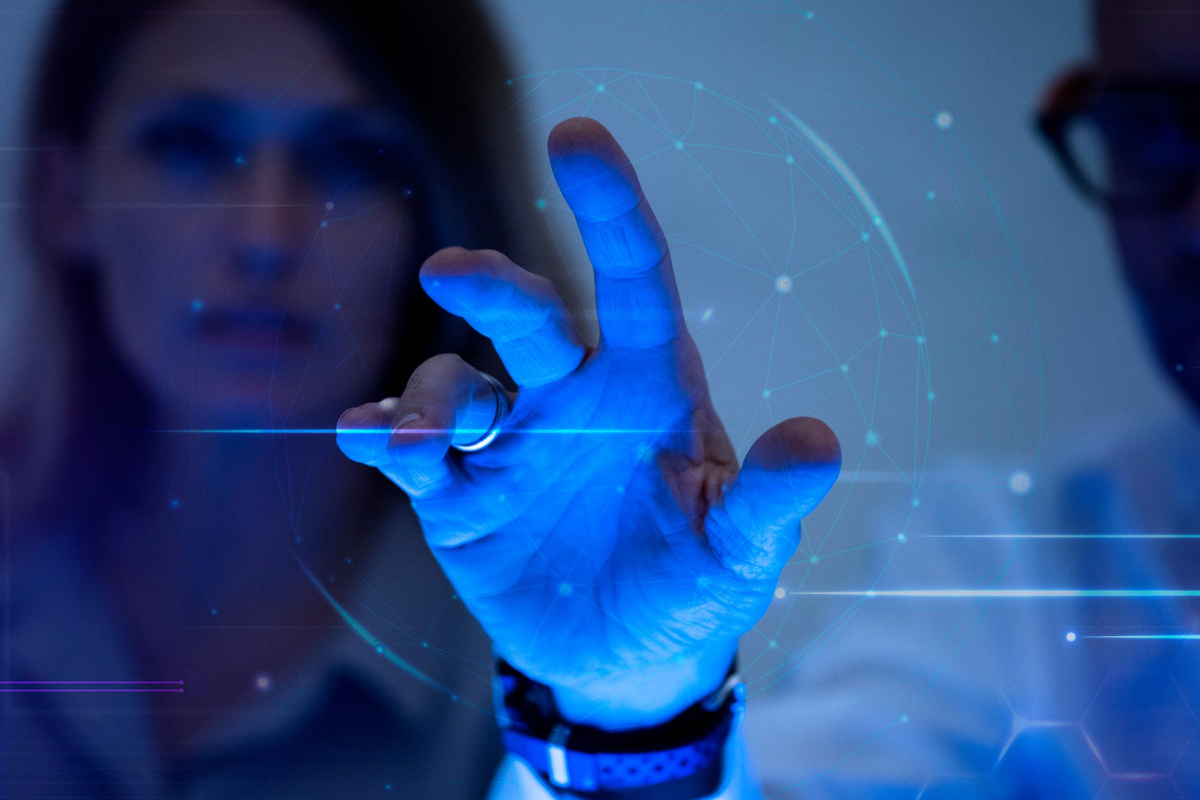


Digital technologies have empowered individuals to take control of their health and have vastly improved access to health data, providing healthcare professionals with a thorough understanding of patient well-being. This advancement not only boosts productivity but also leads to better patient outcomes.
Technology in Healthcare:
Healthcare technology encompasses any technological tools designed to support healthcare organizations. This includes medical devices, IT systems, algorithms, artificial intelligence (AI), cloud computing, and blockchain.
By minimizing errors, preventing adverse drug reactions, and safeguarding patient privacy, technology plays a crucial role in enhancing patient care.
Digital health includes a range of solutions such as telehealth, telemedicine, wearable devices, electronic health records (EHRs), electronic medical records (EMRs), mobile health applications, and innovative therapies.
Mobile technology is at the forefront of technological innovation. A recent survey reveals that 71% of CEOs believe mobile solutions are more critical for transformation than the Internet of Things and cloud computing, with 29% seeing it as the second most important technology. This highlights that nearly all business leaders recognize the importance of mobile tech in the digitization journey.
Mobile devices enhance the speed and frequency of interactions between businesses and consumers. These real-time engagements provide access to data that is almost impossible to gather through other means. Furthermore, they enable marketers to collect vital insights for expanding their clientele and exploring new markets. The significance of mobile solutions is expected to grow in the coming five years.
The IoT consists of a vast network of connected devices that can automatically collect and share data. This technology links device sensors to a centralized IoT platform, where data is gathered and stored for analysis, providing valuable insights for leaders.
IoT technology can also discern which data should be retained and which should be securely deleted. It aids in identifying trends, making recommendations, and predicting potential issues.
Recent statistics show that one in four companies employs robotics to automate digitization tasks. Unlike traditional robotics, these innovations can interact with users and optimize their performance based on gathered data.
When combined with AI and IoT, smart robotics can deliver remarkable outcomes for businesses. They can boost productivity significantly, enhance efficiency, and improve user experiences. A great example of intelligent robotics is the use of gamification technology at virtual events, which enhances attendees’ experiences for member-based organizations.
AI and digital intelligence are deeply intertwined when exploring the latest innovations in business.
“Digital reasoning” describes a device’s capability to mimic human thought processes and actions. This technology is integrated into many of today’s advanced tools, such as smart devices, computer vision, natural language processing, and voice assistants. It allows organizations, like recruitment agencies, to automate tasks, make quicker decisions, and engage customers through chatbots.
Augmented reality is one of the innovative concepts being adopted by various companies. For clarification, AR involves adding computer-generated visuals, sounds, and other digital enhancements to the real world.
This technology creates visual representations by merging flexible tech with real-time information. AR provides a virtual view that supports administrators and clients through various means. The best way to understand this is through product development; AR allows business leaders to assess 3D virtual models of new products, modifying these models without the need for physical prototypes.
We are genuinely excited about the potential of chatbots in the healthcare sector. In 2021, we anticipate significant advancements in healthcare communication, including improved patient pathways, medication tracking, and support in emergencies or first aid scenarios.
A personalized interface is crucial in healthcare, and users appreciate the additional interaction provided by machine learning chatbots. Chatbots are rapidly evolving from novelty items to mainstream tools.

Just like many other sectors, the healthcare industry is on the brink of a transformative development phase. Forces such as technological advancements, scientific discoveries, and creative integrations of existing technologies are all contributing to a new era of patient empowerment that is revolutionizing how we prevent, diagnose, and treat illnesses.
To grasp what lies ahead, we have gathered insights from healthcare professionals regarding the technologies and breakthroughs expected in both the short term (the next five years) and the long term (twenty-five years or more). Following this, we surveyed 400 global healthcare leaders to see if their views coincided with those of the panel and to identify what they believe to be the main obstacles to technological advancement in the sector.